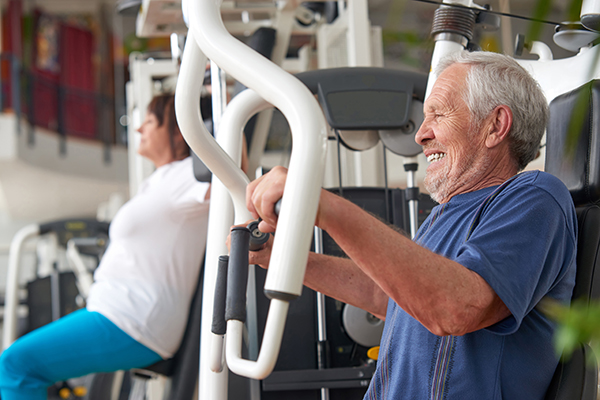
In a landmark study published in the journal The Lancet, researchers found that around a third of dementia cases around the world could be prevented by living a healthier lifestyle. This includes exercising regularly, eating a well-balanced diet and avoiding sleep deprivation.
How sleep affects the brain
Throughout the day, brain cells produce a protein known as beta-amyloid. While you're sleeping, your brain has enough time to flush out these toxins. However, if you don't get enough sleep, beta-amyloid forms plaques, which gather in the spaces between cells and cause harm to your brain. A popular theory suggests that the buildup of amyloid plaques in the brain is a precursor to Alzheimer's disease.
According to studies, sleep deprivation or interrupted sleep disrupts the removal of amyloid plaques, allowing them to accumulate in the brain. Their toxic presence not only hinders memory formation, but it also reduces the quality of sleep. This is why people who've been diagnosed with Alzheimer's disease often experience short or interrupted sleep cycles.
Research also shows that people with Alzheimer's have a greater buildup of amyloid plaques than those without the disease, strongly suggesting a link between restful sleep and cognitive health. Some sleep specialists have even remarked that one night of sleep deprivation can increase the accumulation of amyloid plaques in the brain by as much as five percent.
The brain, however, is a resilient organ capable of bouncing back from one night of sleep deprivation. But if the lack of quality sleep becomes a pattern that continues for days, months or years, it will take a toll on the brain and greatly increase a person's risk of dementia.
Good-quality sleep is the key
According to the Alzheimer's Association, about 5.8 million Americans aged 65 and older have Alzheimer's disease, and 80 percent of these cases involve people who are 75 years old and above. By 2050, the number of Alzheimer's cases is projected to increase to 13.8 million. If you want to reduce your risk of Alzheimer's, you need to ensure that you get good quality sleep every night.
A good night's rest is important for many other things, not just cognitive health. Getting good sleep can reduce your stress levels, make you more alert and improve your memory. It can also help you lose weight, reduce inflammation, improve your heart health and even help prevent cancer.
To improve the quality of your sleep, here are six steps that you can follow: (h/t to MayoClinic.org)
- Don't go to bed worried. Manage your stress levels by writing down what's on your mind and setting it aside for the next day.
- Turn your room into a place that's ideal for sleeping. Avoid exposure to blue light-emitting screens before going to bed.
- If you have to take a nap during the day, consider limiting it to a 30-minute nap to keep it from interfering with your nighttime sleep.
- Create a sleep schedule and stick to it. Go to bed and get out of it at the same time every night and every day.
- Keep an eye on your diet. Don't go to bed hungry but avoid eating large meals several hours before you sleep. You should also avoid drinking caffeinated drinks late in the day. (Related: Neurological damage linked to Alzheimer's may be repaired with dietary supplementation.)
- Exercising regularly can improve the quality of your sleep. However, you should avoid going for a jog close to your bedtime.
Getting enough sleep each night can help prevent a variety of health problems and help boost your brain function. To learn more about how to keep your brain healthy naturally, visit BrainHealthBoost.com.
Sources include:
Please contact us for more information.























